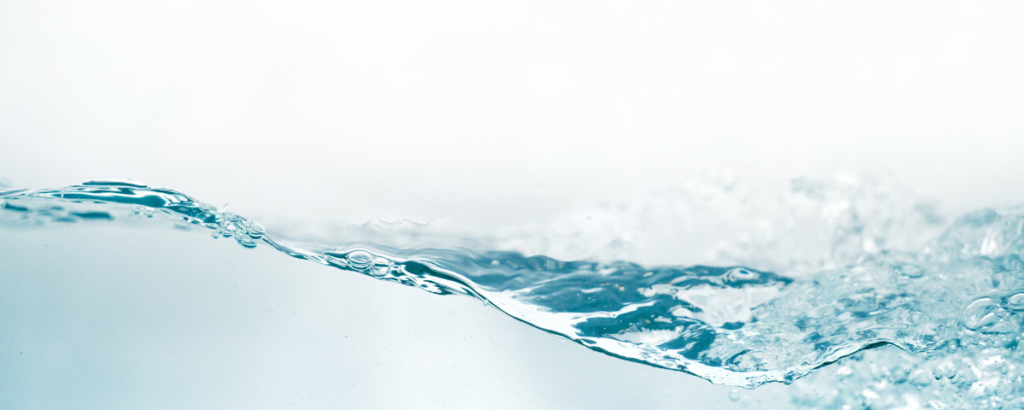
Water and Food Production: The New Frontiers of Purification
When discussing sustainability in the food industry, water stands out as one of the most precious yet most threatened resources. Every stage of the food production process depends on water: from raw material cleaning to processing and plant sanitation. However, increasing environmental pressure and stricter regulations demand a new and innovative approach to water management and purification.
The Crucial Role of Water
Water is not just a fundamental ingredient for many productions but also a key element in ensuring food safety. Its quality directly impacts consumer health, product taste, and shelf life. Without proper treatment, impurities and contaminants in water can compromise the entire production cycle, leading to severe economic and reputational consequences for companies.
Advanced Purification Technologies
In recent years, cutting-edge technologies for water purification have been developed, including:
•Membrane filtration, which removes microscopic particles and chemical agents.
•Reverse osmosis, providing ultra-pure water for sensitive processes.
•UV technologies, which eliminate microorganisms without using harmful chemicals.
•Scrubbers, which purify not only water but also dissolved gases, enhancing overall quality.
These systems are designed to integrate into modern plants, reducing energy consumption and maximizing operational efficiency.
A Commitment to Sustainability
One of the most innovative aspects of these technologies is their ability to contribute to environmental sustainability. Wastewater recovery and reuse systems enable companies to reduce water waste—an essential priority in a global context increasingly affected by water scarcity.
For instance, machinery designed for closed production cycles allows water to be recovered and treated for safe and efficient reuse. This not only lowers operational costs but also demonstrates a company’s commitment to a more responsible and environmentally respectful production model.
The Challenges of Purification
Despite significant advancements, challenges remain. Advanced purification systems require substantial initial investments and ongoing maintenance to ensure optimal performance. Additionally, not all companies can quickly adapt to these new technologies, particularly small businesses or those with limited budgets.
Why Looking Ahead Matters
Water is the lifeblood of the food industry. Investing in advanced purification technologies is not only a strategic choice to improve product quality but also a responsibility toward the environment and future generations. Embracing a sustainable approach to water resource management means contributing to building a more resilient and innovative food sector.



